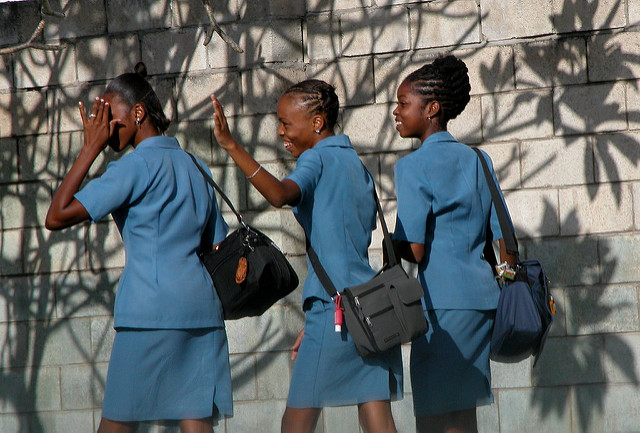Barbados offers a well-structured and comprehensive education system, with free and compulsory education from ages 5 to 16. The system is modeled after the British educational system and includes both public and private institutions.
Types of Education in Barbados
1. Early Childhood Education
- Age: 0 to 4 years
- Includes:
- Daycares
- Preschools
- Nursery schools
- Focus: Social development, basic literacy and numeracy skills, emotional learning
2. Primary Education
- Age: 5 to 11 years
- Duration: 7 years (Infants A to Class 4)
- Ends with the Common Entrance Exam (11-Plus), which places students in secondary schools
3. Secondary Education
- Age: 11 to 16/18 years
- Duration: 5 to 7 years
- Types of schools:
- Government secondary schools
- Private secondary schools
- Examinations:
- Caribbean Secondary Education Certificate (CSEC) – after 5th form
- Caribbean Advanced Proficiency Examination (CAPE) – for 6th form or community college students
4. Tertiary (Higher) Education
Includes:
- University of the West Indies (UWI) – Cave Hill Campus
- Barbados Community College (BCC)
- Samuel Jackman Prescod Institute of Technology (SJPI)
- Erdiston Teachers’ Training College
Programmes offered:
- Associate degrees
- Diplomas
- Bachelor’s degrees
- Postgraduate studies (Master’s, PhD)
5. Technical & Vocational Education (TVET)
- Offered through SJPI and the Technical and Vocational Education and Training Council (TVET Council)
- Includes training in:
- Automotive repair
- Hospitality
- Plumbing
- Cosmetology
- ICT
6. Adult & Continuing Education
- For lifelong learning and skills development
- Programs include:
- Evening classes
- Distance learning
- Workforce retraining
7. Special Education
- Provided in specialized schools and inclusive classrooms
- For students with:
- Physical disabilities
- Learning difficulties
- Developmental disorders
8. Private & International Education
- Several private and international schools (e.g., The Codrington School – IB curriculum)
- Often used by expatriates and local families seeking alternative curricula


